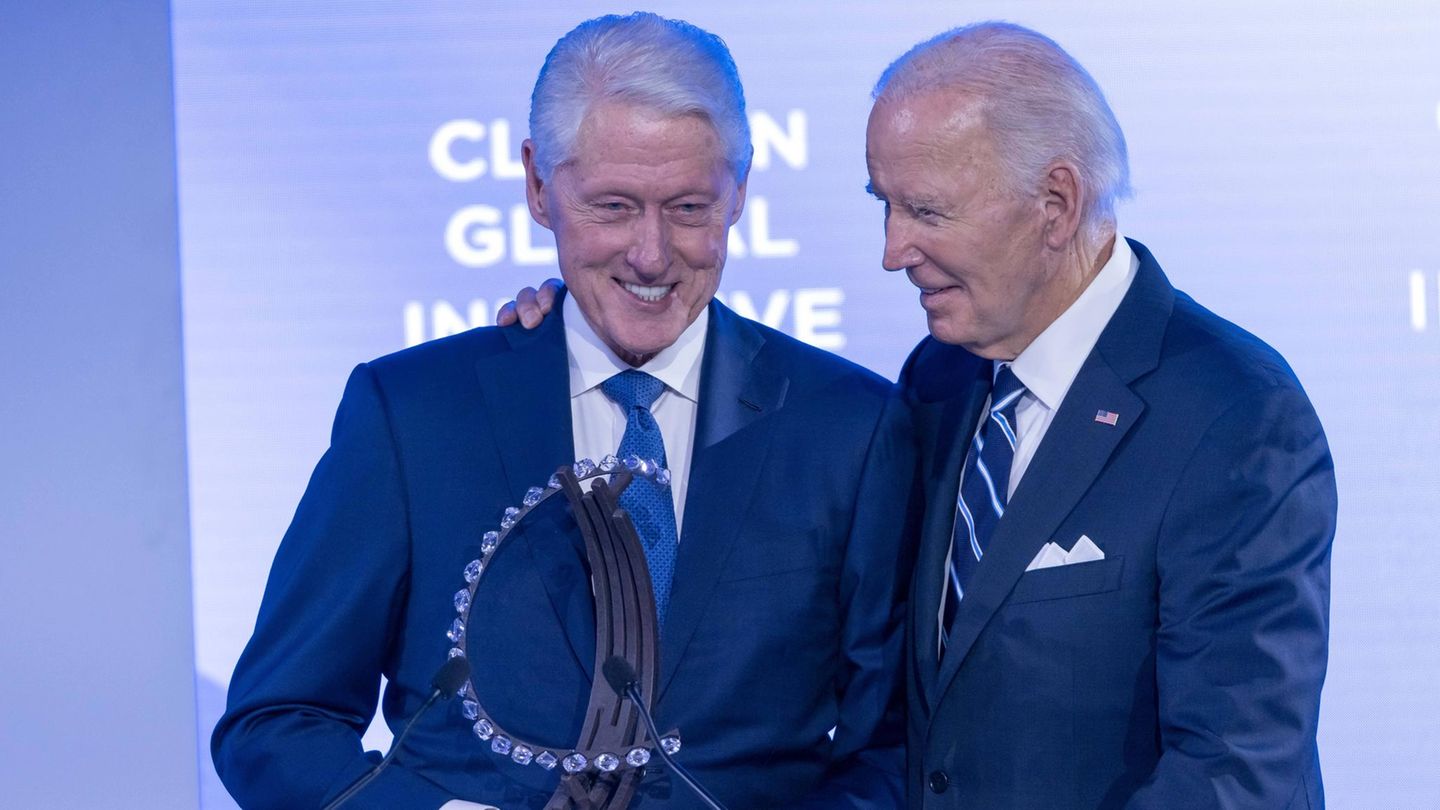The ÖVP and the Greens announced stricter rules last year in the light of the investigation into illegal party donations and the current corruption of advertisements. In order to increase the pressure on the defaulting coalition to act, the President of the Court of Auditors, Margit Kraker, took the initiative in an unusual step and presented her own draft for stricter party transparency. Greens and Neos have already signaled their approval. Cracker’s demands in detail:
Inspection rights: At the moment, the RH can only entrust auditors to look into the party books in the event of suspicion. Kraker wants to be able to check “indications of incompleteness or inaccuracies” himself and publish the result.
Accountability: In the annual reports, the RH wants not only the federal and state parties but also sub-organizations to disclose their income and expenditure separately. Receipts would have to be retained for seven years. Delinquent parties risk funding.
Assets and debts should have to be disclosed. Federal parties would have to disclose balance sheets with real estate, financial assets as well as provisions and loans or other liabilities in a more comprehensive balance sheet than those in the federal states.
Election campaign costs may not be made public in annual reports, as has been the case years later. In future, at least the election campaign balance sheet should be available no later than six months after the polls. The parties should state exactly how much money they have spent on what (e.g. for posters, advertisements, election gifts, staff). At the moment, they only have to state whether they have met the cost limit (7.2 million euros) or not. Third-party expenses would in future be added to election campaign costs.
Party promotion should only be used for personnel and material costs during ongoing operations as well as for political work and elections. Fines imposed on parties, for example for exceeding election campaign costs or accepting illegal donations, may no longer be paid from state funding. A real novelty.
Loopholesthat the RH wants to close: The evasion of the disclosure obligation for advertisements by not publishing party newspapers themselves, but by a company owned by the party. Opportunities to circumvent party-affiliated organizations should also be eliminated. Currently, parties can bypass donation transparency through the statutory separation of an organization. The SP trade unionists and the SP-related pensioners’ association have used this. In future, the “factual” cooperation with the party is to be used as a basis. With the strict donation limit (772,000 euros per year), the party-affiliated organizations should then also be recorded.
List of parties: The list deposited in the Ministry of the Interior does not even contain the address of the respective party, but only the name and the date on which the statutes were deposited. The RH would also like the names of the authorized representatives and the date of the last updates.




